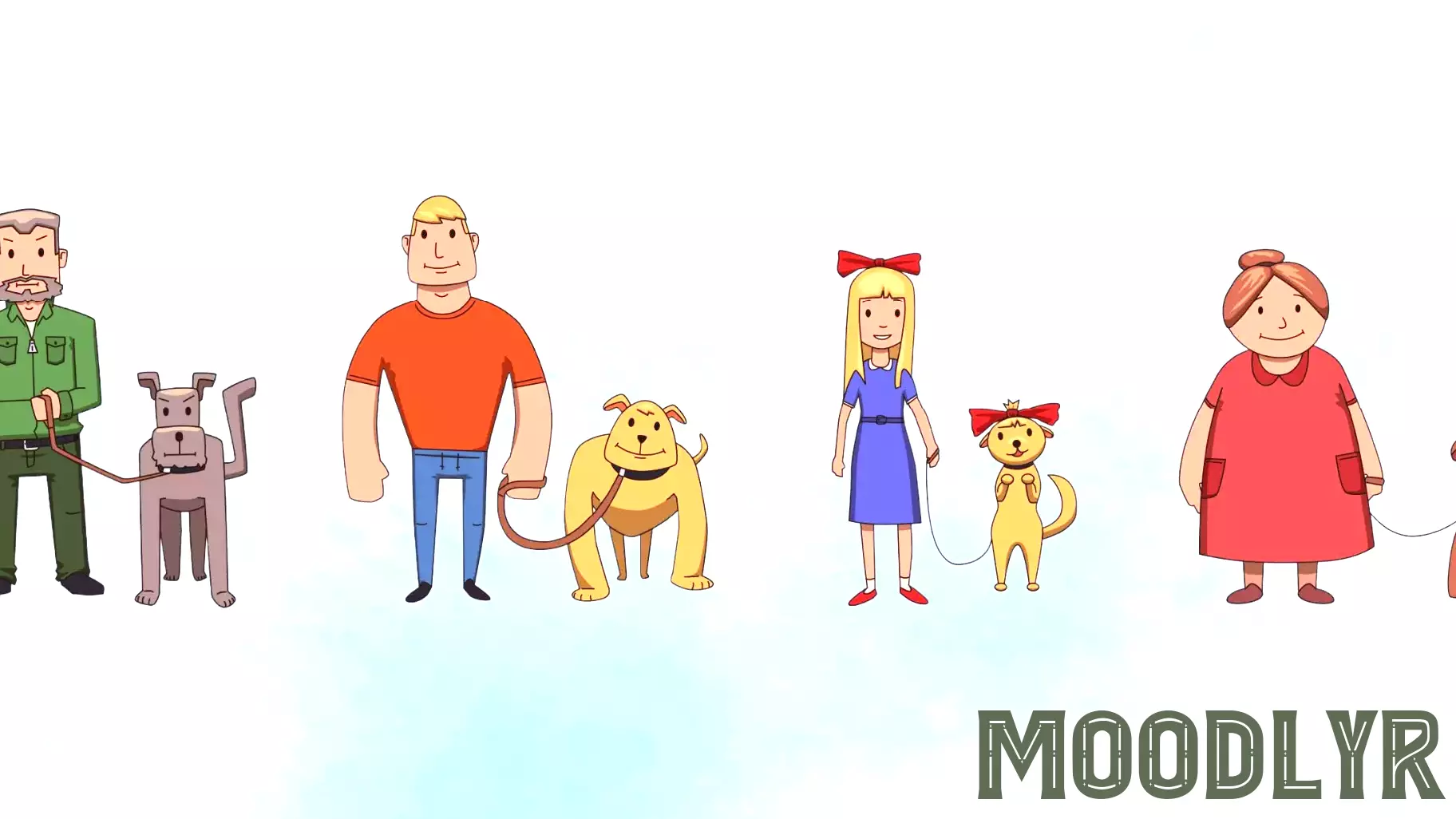The Surprising Connection Between People and Their Dogs
January 3, 2025 - 15:07

The resemblance isn’t just a comical coincidence. Recent studies suggest that many pet owners share striking similarities with their canine companions, both in appearance and behavior. This phenomenon has sparked interest among scientists and dog lovers alike, leading to various theories about why this connection exists.
One explanation is that people often choose dogs that reflect their own physical traits. For instance, individuals with round faces may be more inclined to adopt breeds with similar facial structures. Additionally, the bond formed between pets and their owners can lead to shared expressions and mannerisms, further enhancing the resemblance.
Moreover, researchers have noted that the emotional connection between humans and dogs can influence how they perceive each other. Owners often mirror their pets' emotions, which can lead to a subconscious alignment in body language and facial expressions. This unique relationship highlights the deep bond that can exist between humans and their furry friends, showcasing how companionship can transcend mere ownership.
MORE NEWS

February 7, 2026 - 02:38
If you’re over 50 and still do these 7 things, psychology says your mind is stronger than most people realizeWhile society often assumes mental decline is inevitable after 50, a fascinating psychological perspective reveals the opposite for many. Individuals in this age group who consistently exhibit...

February 6, 2026 - 14:05
9 Reasons You Feel Constantly Drained, Psychologists WarnFeeling perpetually drained is a common complaint, but psychologists warn it`s often more complex than simple lack of sleep. Experts point to several key psychological and lifestyle factors that...

February 5, 2026 - 20:22
Roanoke introduces Master of Science in psychologyRoanoke College has announced the introduction of a new Master of Science degree in Psychology, a significant expansion of its graduate-level offerings. This two-year, terminal master’s program...

February 5, 2026 - 13:44
The Psychology of Patient Consultations: Why Clinical Skills Alone Don't Guarantee Success in Aesthetic MedicineIn the world of aesthetic medicine, technical precision with a syringe is only half the equation for a successful practice. A growing consensus among industry leaders highlights that the true...